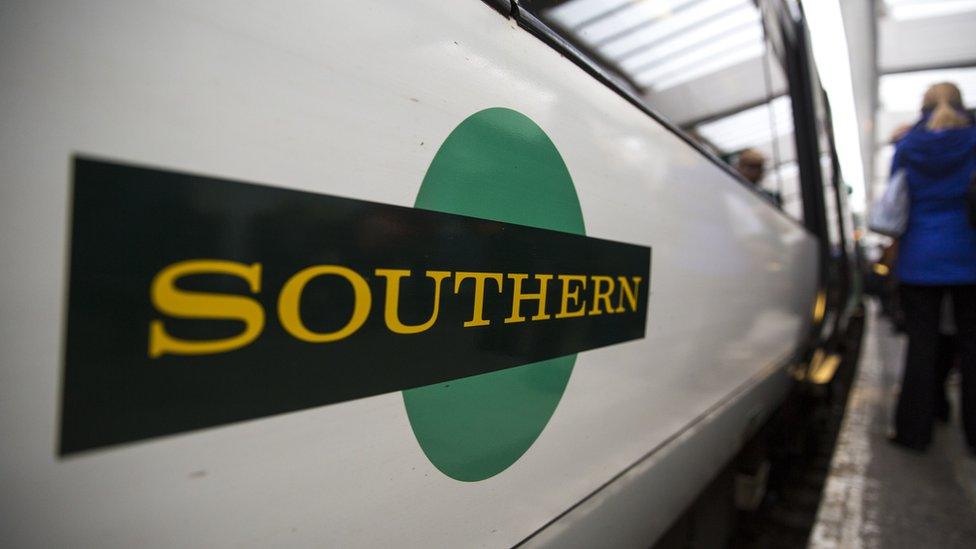How bad have Southern rail services got?
- Published
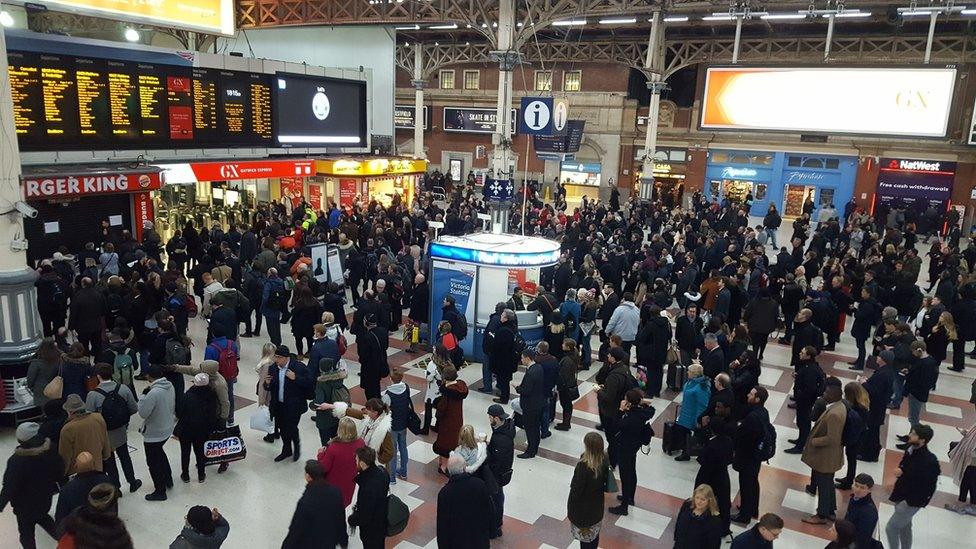
Commuters in south London and southern England have faced months of disruption on the Southern rail network amid a long-running strike over the role of conductors and the operation of driver-only trains.
The RMT union's members first walked out in April last year and were joined by members of Aslef, making the dispute the longest-running rail strike since the railways were privatised in 1996.
Further strikes had been planned for later this month, but most of the action has been called off following talks between the drivers' union Aslef and Govia Thameslink Railway, Southern's parent company.
But with customer satisfaction at a low of 69% - the bottom of the passenger satisfaction table - just how bad have things got for Southern's customers?
Three in 10 'late'
According to the official performance data published by Network Rail and the Office of Rail and Road, , external 29.5% of Southern's Mainline and Coast services were late (more than five minutes of the scheduled arrival time for commuter services) in the year to 7 January. That's almost three in every 10 services.
However, if the latest-available figures - from 11 December to 7 January - are taken in isolation, the percentage of late-running trains rises to 35.4%.
The national average for the same period was 12.6%
In fact, all lines run by Southern's parent company, Govia Thameslink Railway, were in the bottom six of the list for the latest period (Southern Metro, Great Northern, Gatwick Express, Southern Mainline and Coast and Thameslink), with between 21.3% and 35.4% of trains arriving late at their destinations.
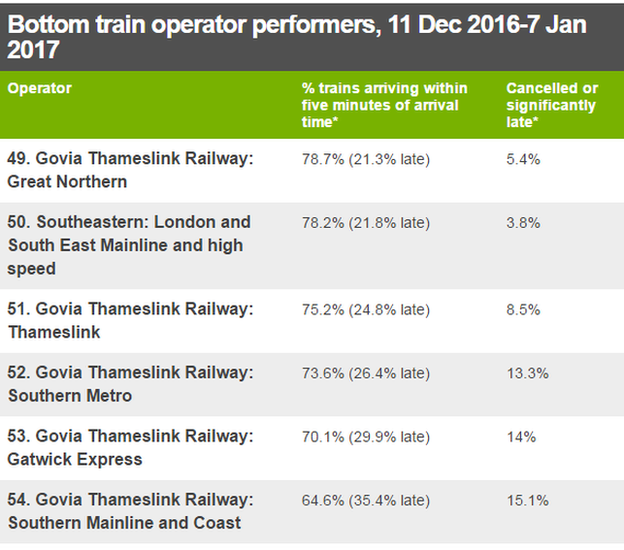
*This is the Public Performance Measure (PPM) - the industry standard measure that monitors trains arriving within five minutes of scheduled arrival times for commuter services or 10 minutes for long-distance services. "Cancelled or significantly late" means cancelled trains or those arriving more than 30 minutes after a scheduled arrival time.
Source: Network Rail, Office of Road and Rail

On Wednesday 11 January, the second strike day that week, Southern's own daily performance chart showed 60% of its Southern Mainline services were arriving late. That's six out of every 10 services.
Meanwhile, the top performer nationally during the latest four-week period of 11 December to 7 January, was London Overground - with only 2.9% of its London services late. Merseyrail Electrics Northern line also performed well, with just 2.9% late-running trains.
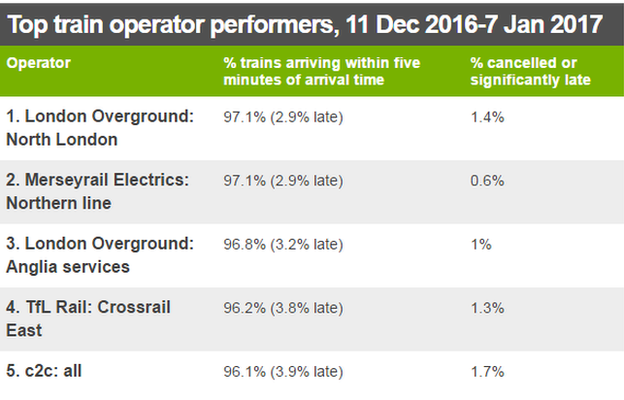
Source: Network Rail, Office of Road and Rail

Looking further back over the last two years, Southern's Mainline and Coast performance has fluctuated, but delays have increased since the beginning of this year, according to the three official measures.
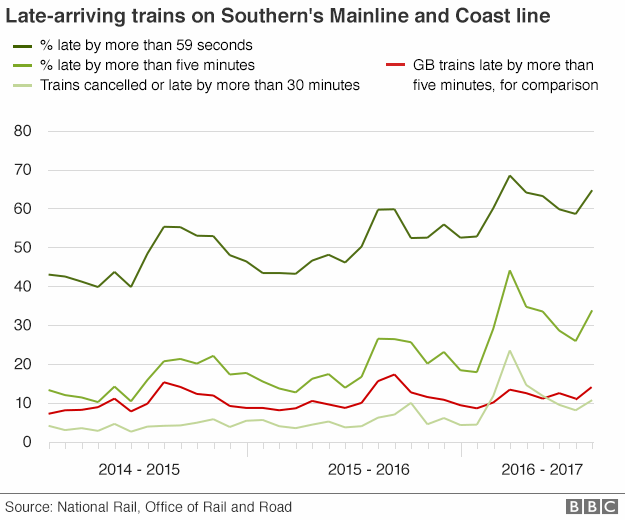
Using the Public Performance Measure (trains arriving late by more than five minutes), Southern's best performance since April 2014 was attained over the summer of that year - 10.3% of trains late. It has never attained that figure since.
Its worst period was between 29 May and 26 June last year, with 44.2% - almost half - of its services running late by more than five minutes. Some 68.6% (almost seven in 10) of trains were running more than 59 seconds late and 23.6% (almost a quarter) of services were cancelled or arriving more than 30 minutes late.
Passenger dissatisfaction
The latest National Rail Passenger Survey, external, released in Spring 2016, showed the lowest ratings for overall passenger satisfaction were given to Southern (69%) and Southeastern (69%), closely followed by Great Northern (74%), Thameslink (74%) and Abellio Greater Anglia (77%). Southern, Great Northern and Thameslink are all run by Govia Thameslink Railway.
Southern refund: What you need to know
Southern commuters' tales of 'hell'
Nationally, the highest ratings for overall satisfaction were achieved by Grand Central (96%), First Hull Trains (94%), Virgin Trains (92%), Chiltern Railways (91%) and Heathrow Express (91%).
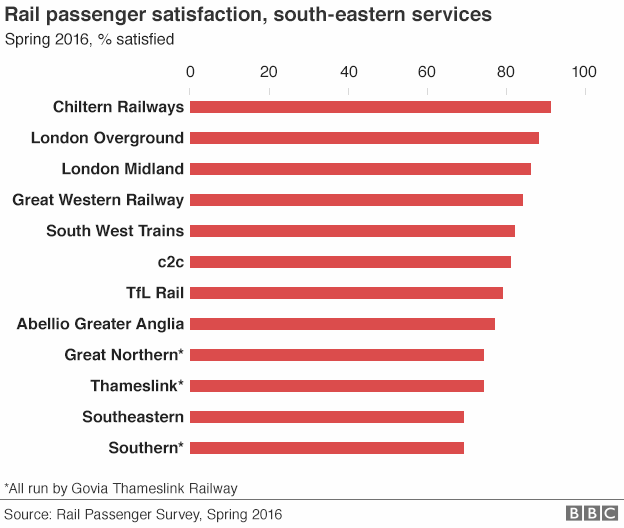
Southern rail has promised to restore a "full train service" from Tuesday 24 January after talks with Aslef were described as constructive.
Three Aslef strike days - on the 24, 25, 26 January - have been cancelled as a result of the talks, however the RMT union's walkout on Monday 23 January is still set to go ahead.
Affected services are listed on Southern's website., external

How rail performance is measured

Rail performance is measured in a number of ways. There are targets on punctuality, reliability, causes of delay, asset failures and disruption to the network from planned engineering work. Official statistics, published by the Office of Rail and Road, include the following indicators regarding punctuality and reliability:
Public Performance Measure (PPM): this measures trains arriving at their terminating station within five minutes of their scheduled arrival time for commuter services or within 10 minutes for long-distance services.
Right Time: this measures the percentage of trains arriving at their terminating station early or within 59 seconds of schedule.
Cancellations and Significant Lateness (CaSL): this measures cancelled trains or services that are more than 30 minutes late at their terminating station.
The rail industry reports data on a periodic basis rather than the more recognised reporting cycles such as monthly or quarterly. A period is normally a 28-day, or four weekly period for business reporting purposes (Sunday to Saturday) and there are 13 periods in a financial year.
For more detailed information on the data, visit the Office of Rail and Road's performance report., external
- Published13 January 2017
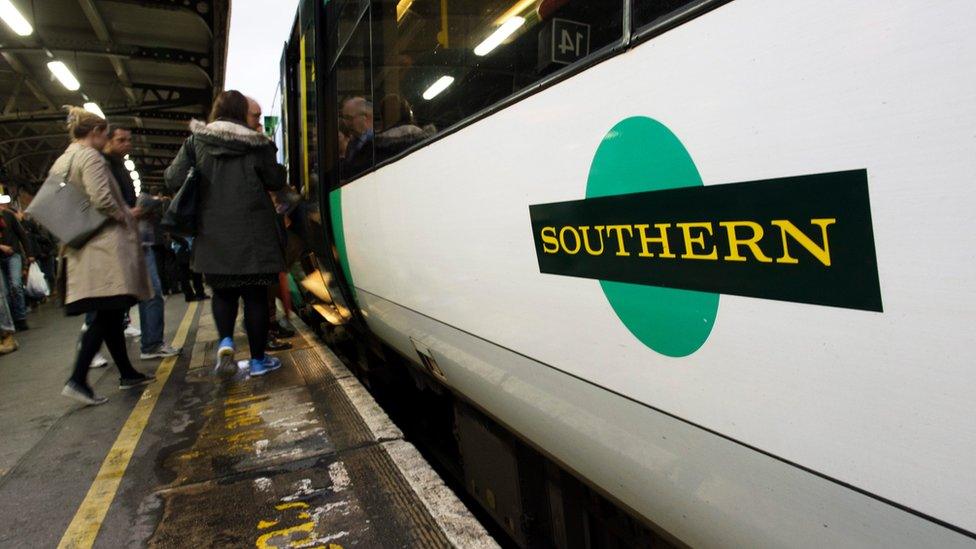
- Published13 December 2016
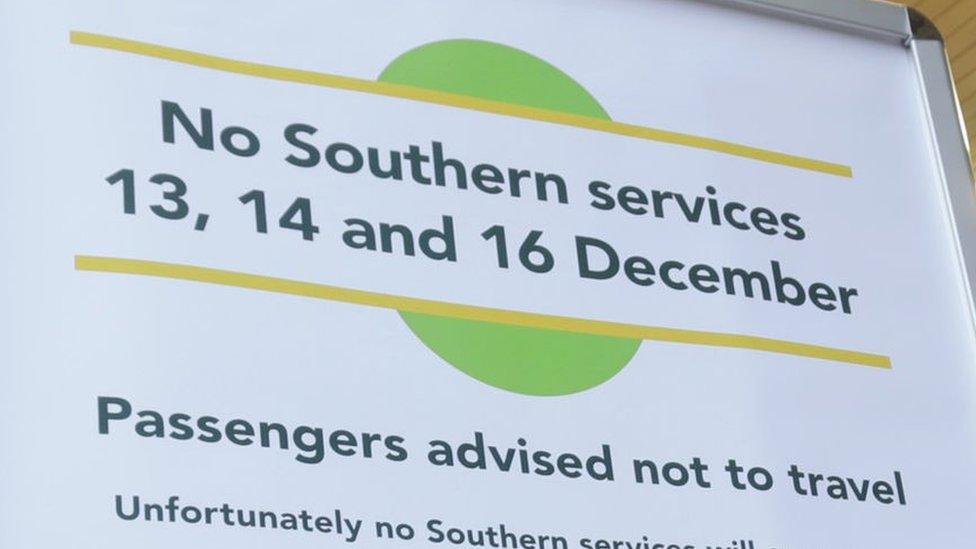
- Published9 December 2016
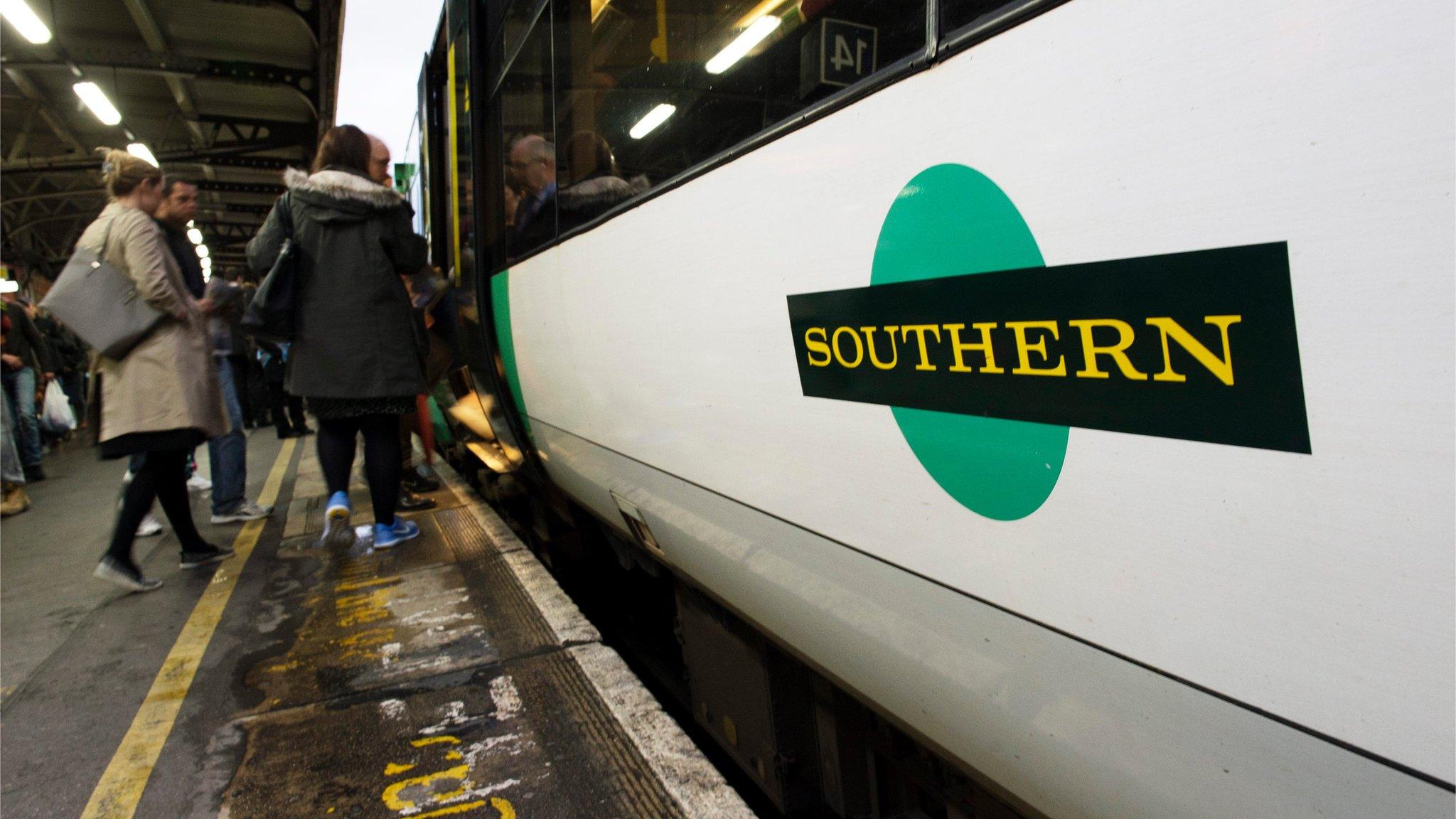
- Published6 December 2016

- Published2 December 2016
